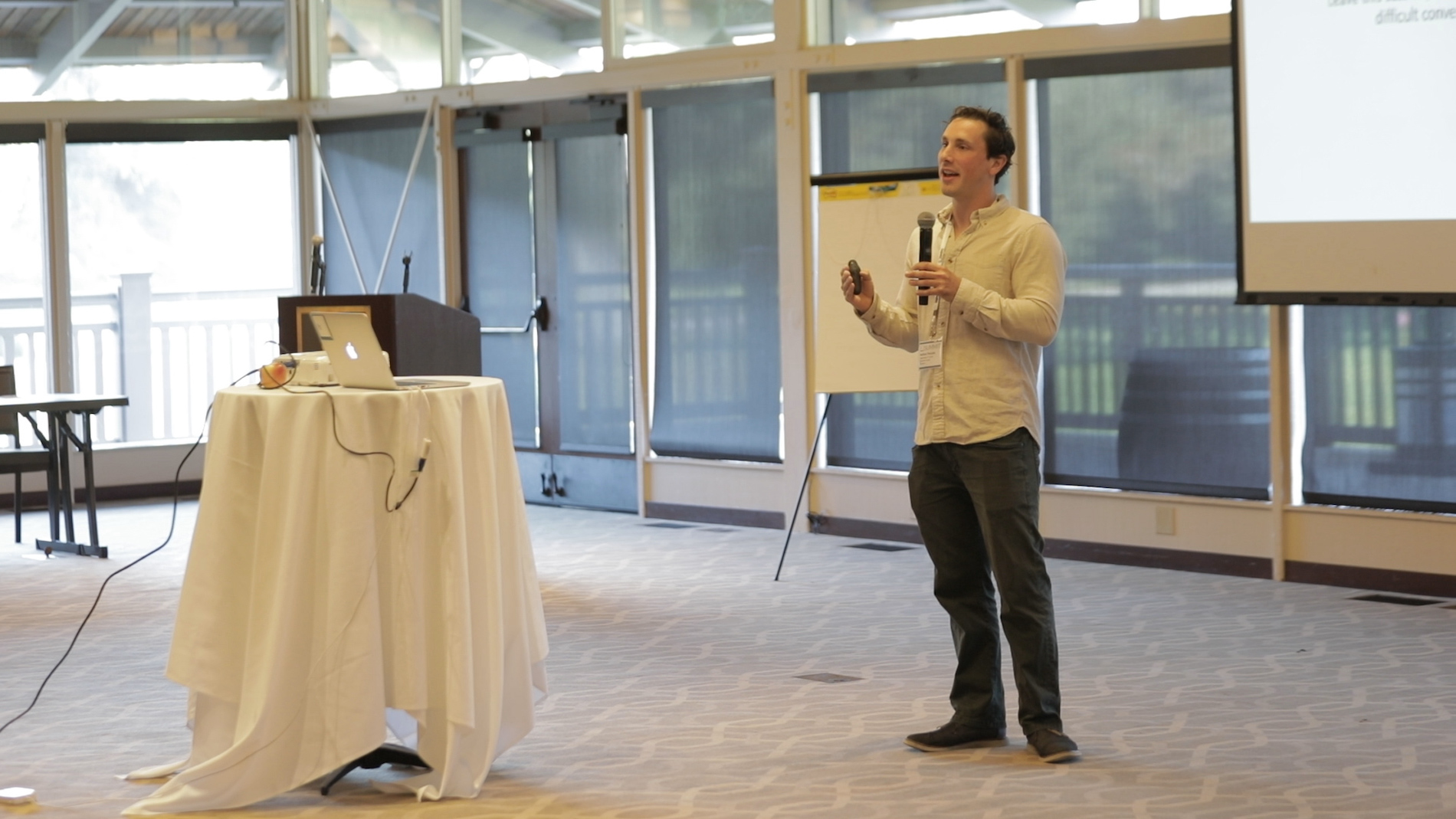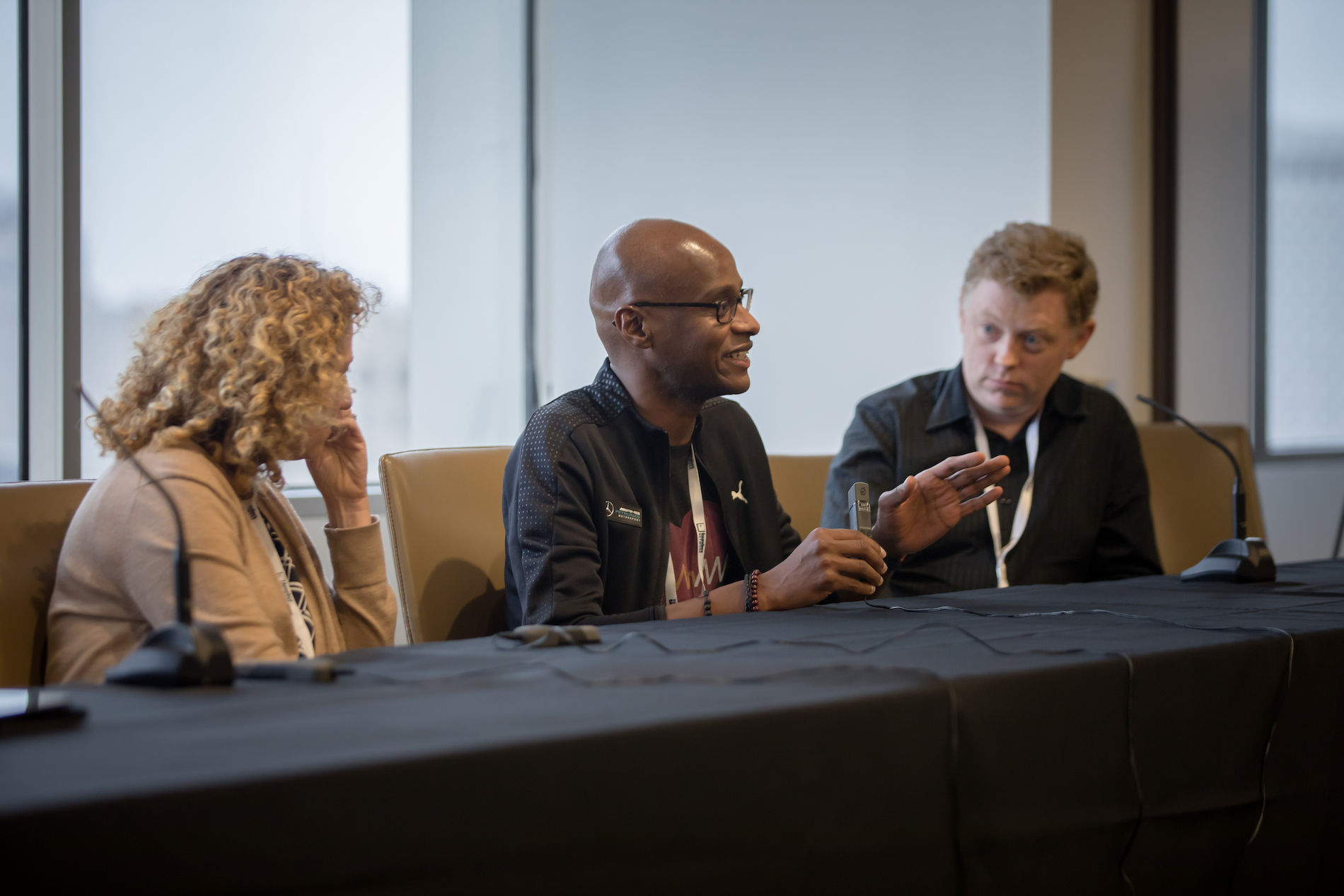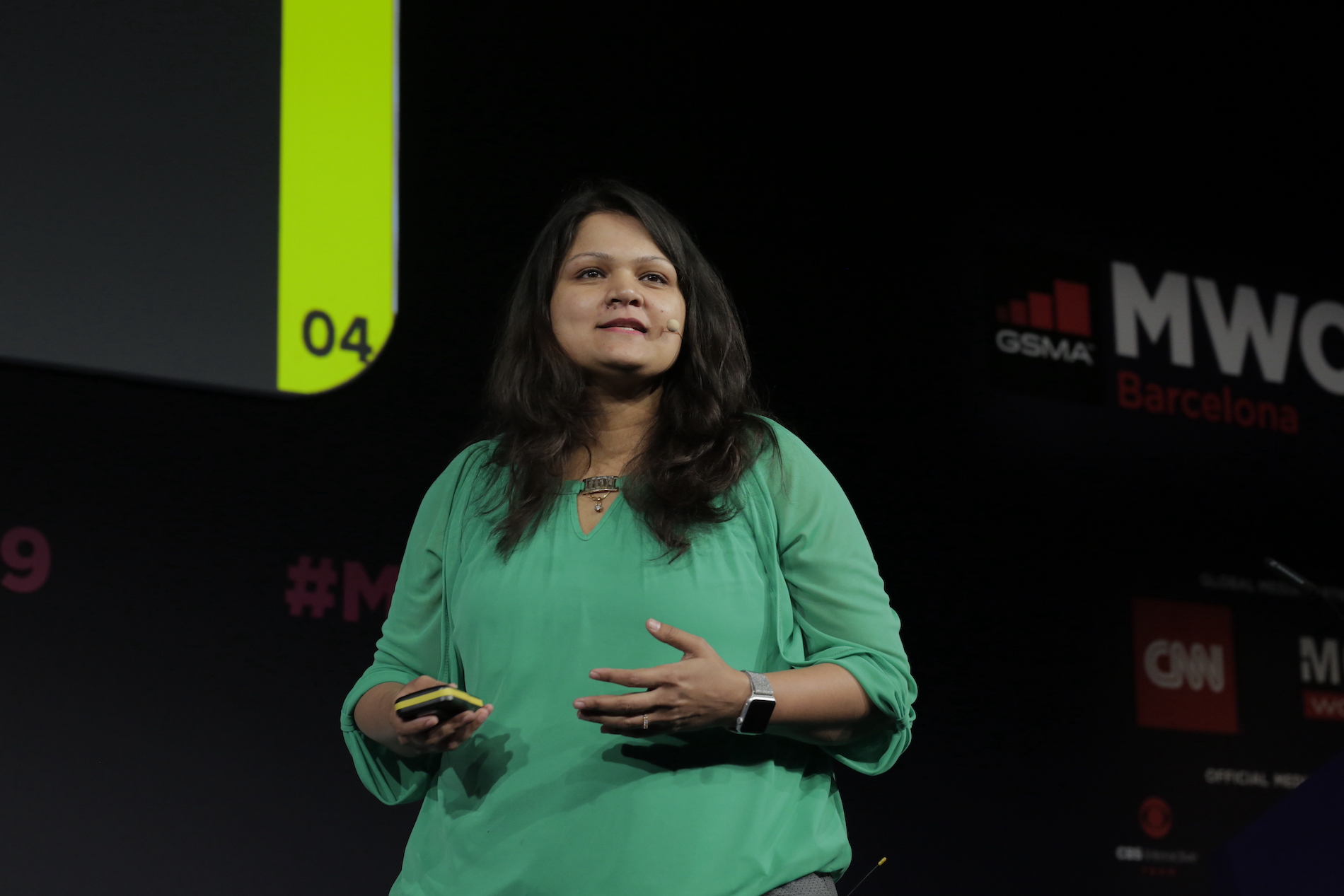
More and more VC’s and leaders are recommending founders hire an executive coach to offer emotional support and increase performance.
Coaches can be game-changing for some founders. Similar to how a professional tennis player works with a range of coaches to polish different areas of their game (from serving to mental toughness), leaders benefit from expert coaching in areas ranging from communication to mindset to decision-making, and more.
But, with the glut of new coaches entering the field and promoting their services–who is the right coach for you? And, how do you know you’re investing your time and money well?
Here is the rub–the very reason most founders seek a coach–to address blindspots–is the same thing that makes it hard to find the right coach–we don’t know what we need to maximize our growth.
“The very reason most founders seek a coach--to address blindspots--is the same thing that makes it hard to find the right person--we can't always see on our own what changes will have the biggest impact on our growth.” -… Share on XHere are 5 tips for founders looking to hire a coach for the first time:
1. Understand your WHY.
Even if your biggest leadership edge is a blindspot that you can’t fully see or articulate, it helps to enter into the coach search process with clear goals in mind.
Are you struggling with low energy and burnout? Are you running into arguments with your co-founders? Are you struggling to prioritize and tackle hard issues?
In the modern world of coaching, there are coaches who specialize in everything, from breath and bodywork (ideal for imposter syndrome and other issues) to conflict and communication. Getting a sense of what you’re looking for will make you sure you get a lot of value out of your coaching engagement.
Here are some of the most common reasons I see founders hiring coaches:
- Experiencing lower than average confidence (or imposter syndrome).
- Feeling burnt out.
- Intractable infighting with co-founders and senior leaders.
- Lacking emotional resilience (feeling anxious, stressed, or hurt more often than you’d like).
- Awareness of a blindspot (such as being overly aggressive or a poor communicator).
- Hitting a plateau.
2. Coaches are not advisors.
One general piece of advice I recommend is not to hire a coach until after you get your first round of funding. Typically pre-funding founders are more focused on getting to product market fit, developing your business model and more. Many of the above issues may be present, but few people have the time or resources to invest in them at this stage–when the goal is making it to the next phase of your company.
This is not a hard and fast rule and I have seen many founders benefit from burnout support pre-funding and co-founder communication work and role conversations, pre-funding.
“One of the best ways to assess if a coach is a good fit is to ask them what frameworks have used for their own growth and what results they have seen from that work.” - @NathanParcells Share on X3. Quality is paramount.
Excellent coaches can be a game-changer in your growth trajectory and life. Mediocre coaches will waste your time and can even be harmful to your growth.
While referrals can help, one of the best ways to assess if a coach is good is to ask them what frameworks they use and how those frameworks have helped them grow?
Coaches who don’t practice what they preach are less likely to understand the nuances of how to help you and this is a red flag overall.
4. Consider rotating coaches.
Similar to how many athletes change coaches (some to focus on different aspects of their game and some to bring new energy or life into their coaching relationship) I think this can be a powerful approach for founders too.
Each coach has a specialty, so when you work with different coaches you can 80/20 their best insights. In addition, if you find a coach you love where the trust established means you keep growing together, you can continue that engagement if you want.
Time-boxing the initial engagement to 3-4 months can help make hiring a coach feel less intimidating.
“Similar to how many athletes change coaches (to focus on different aspects of their game) this can be a powerful approach for founders--spending 4-6 months with a communication coach, then an embodiment coach, a leadership coach,… Share on X5. Commit
If you’ve had sample sessions with 2-3 coaches and found someone you like but are on the fence, I recommend going for it.
It’s worth it just to see what you get from the coaching relationship and to learn how you show up to an engagement like that.
Furthermore, the biggest impacts from working with a stellar coach come 2-3 months into the relationship once trust has been established. You don’t want to be on the fence the entire time so it’s best to commit for a period than re-assess when that period wraps up.
You should definitely be getting value throughout the engagement (and on every call with your coach) and you should end the engagement if it’s not the right fit, but in the end, there is power to committing and seeing where the process takes you.
Bio:
Nathan Parcells is an Executive Coach and Co-Founder Communication expert at Sharpend Coaching. Nathan also leads group coaching for founders on “Risk-Taking and Vulnerability.” Previously Nathan co-founded and led marketing at Looksharp. Outside of work, Nathan is an avid mountaineer, writer, and adventurer.






